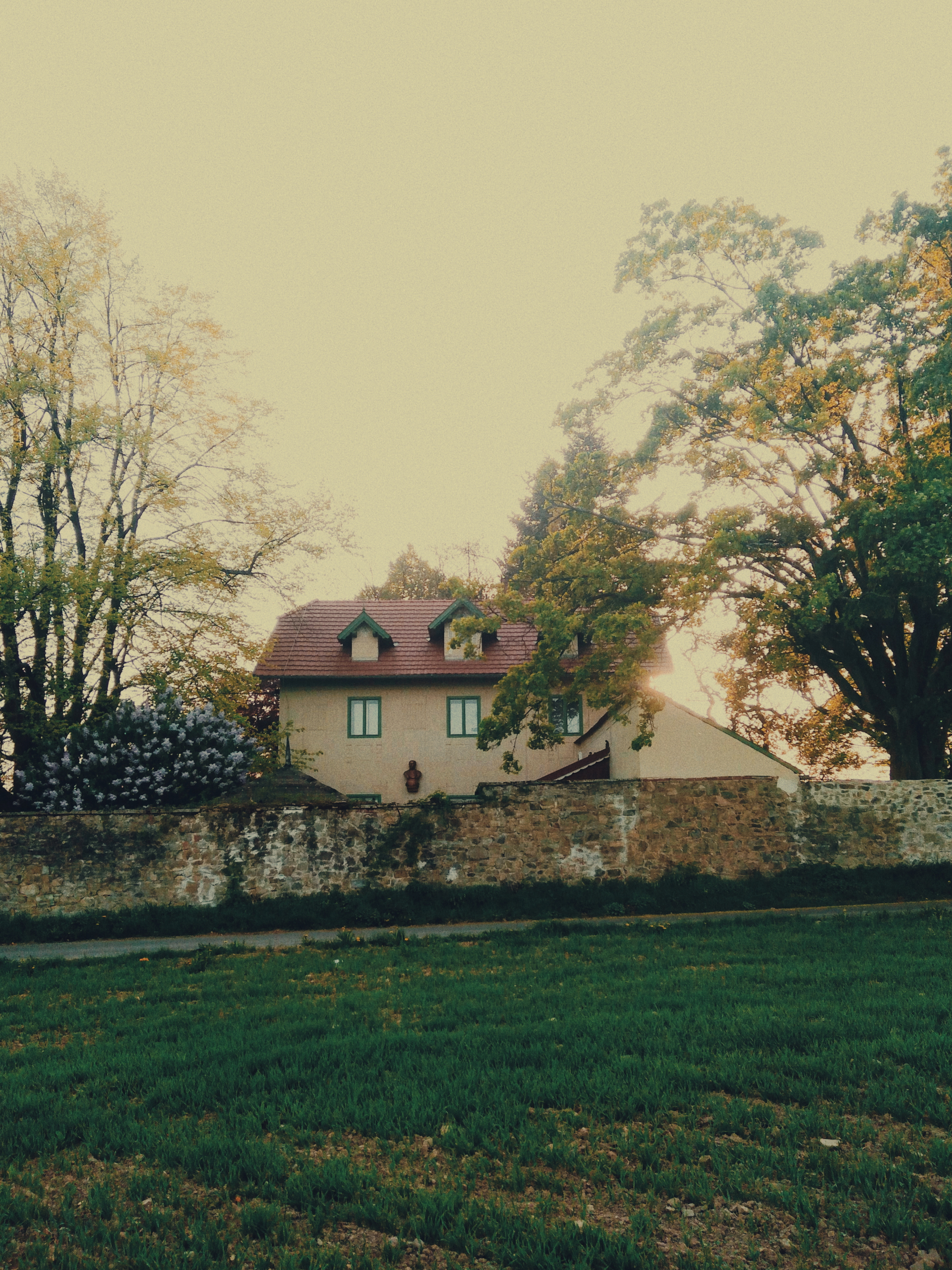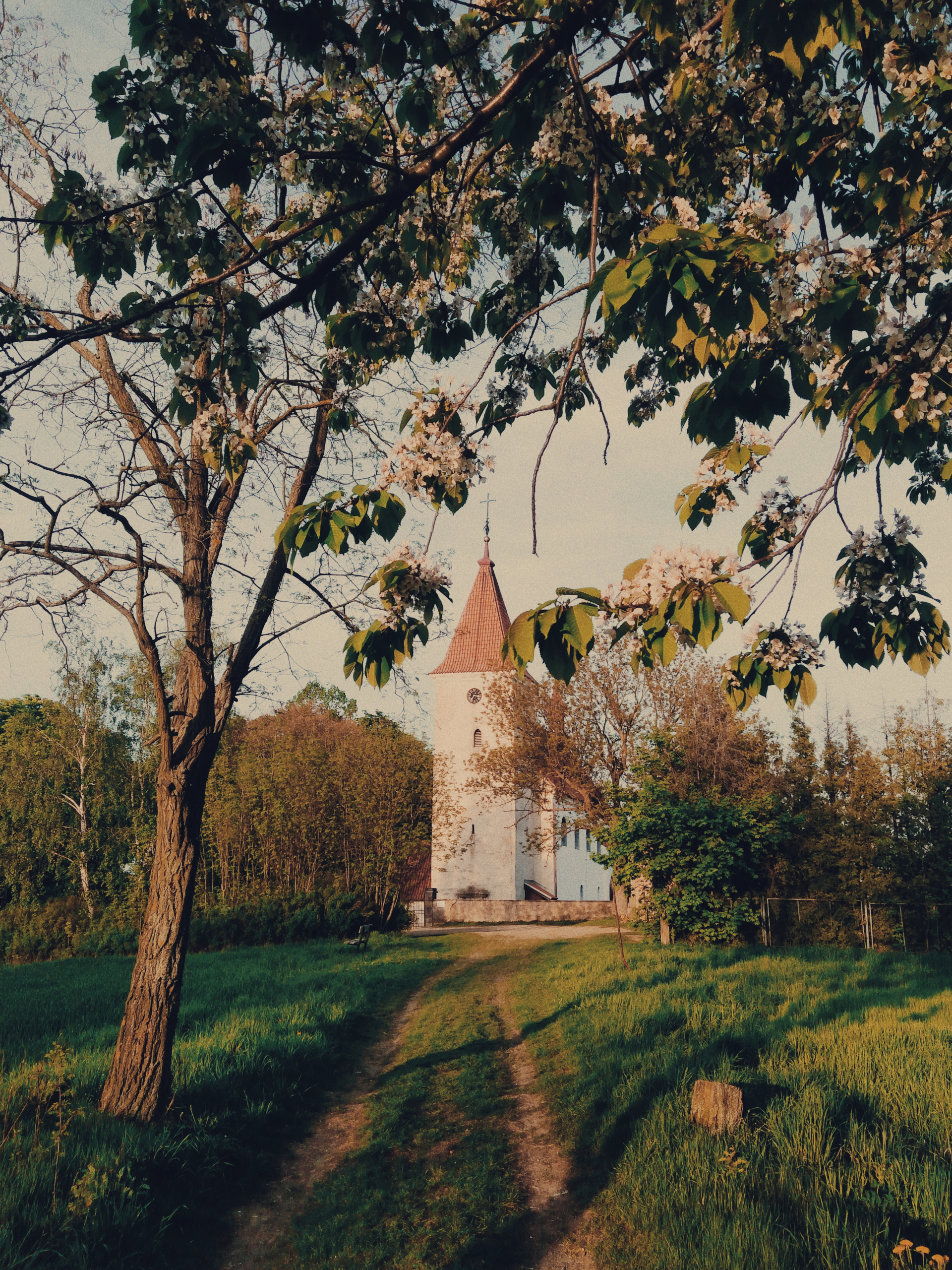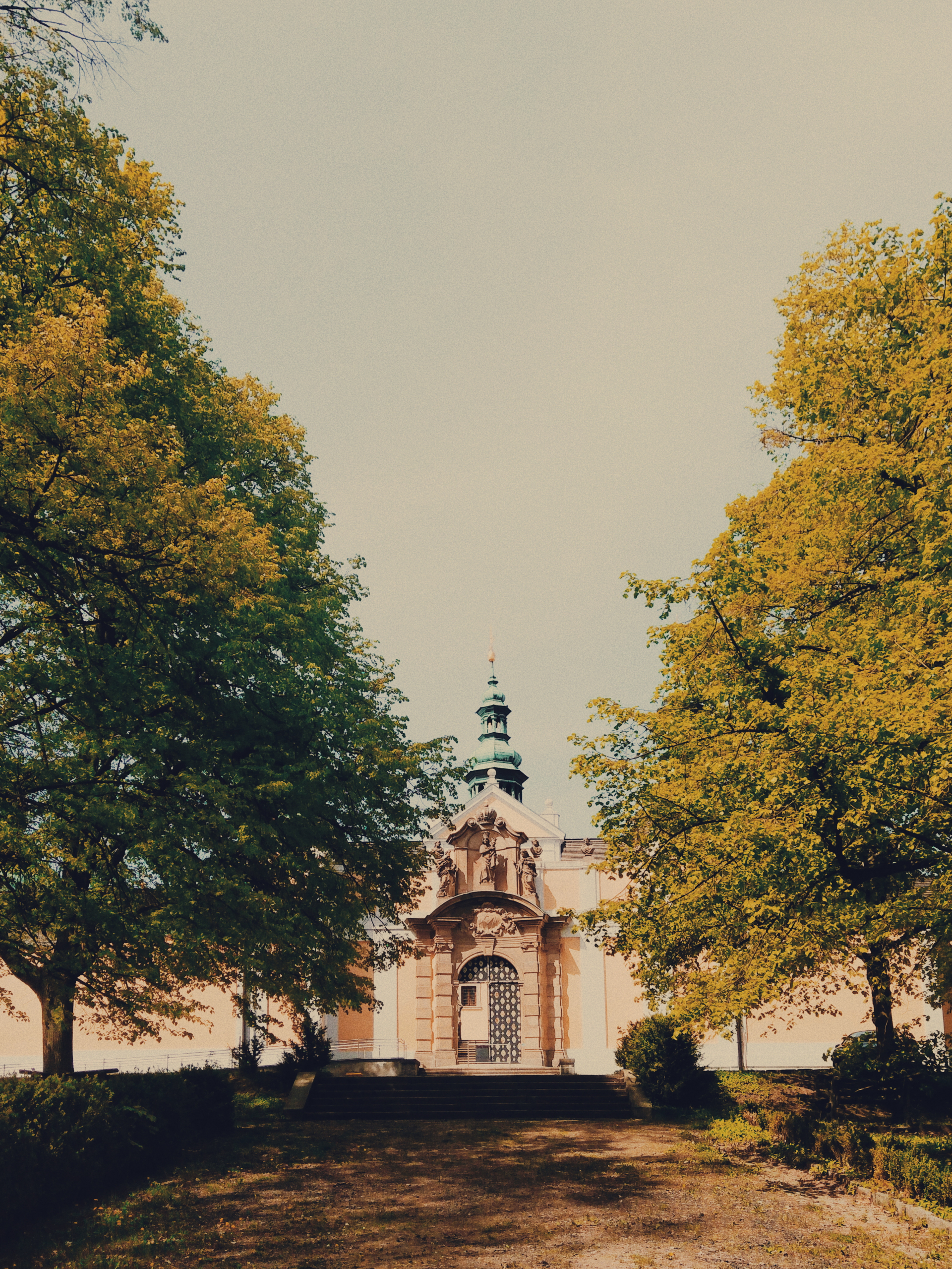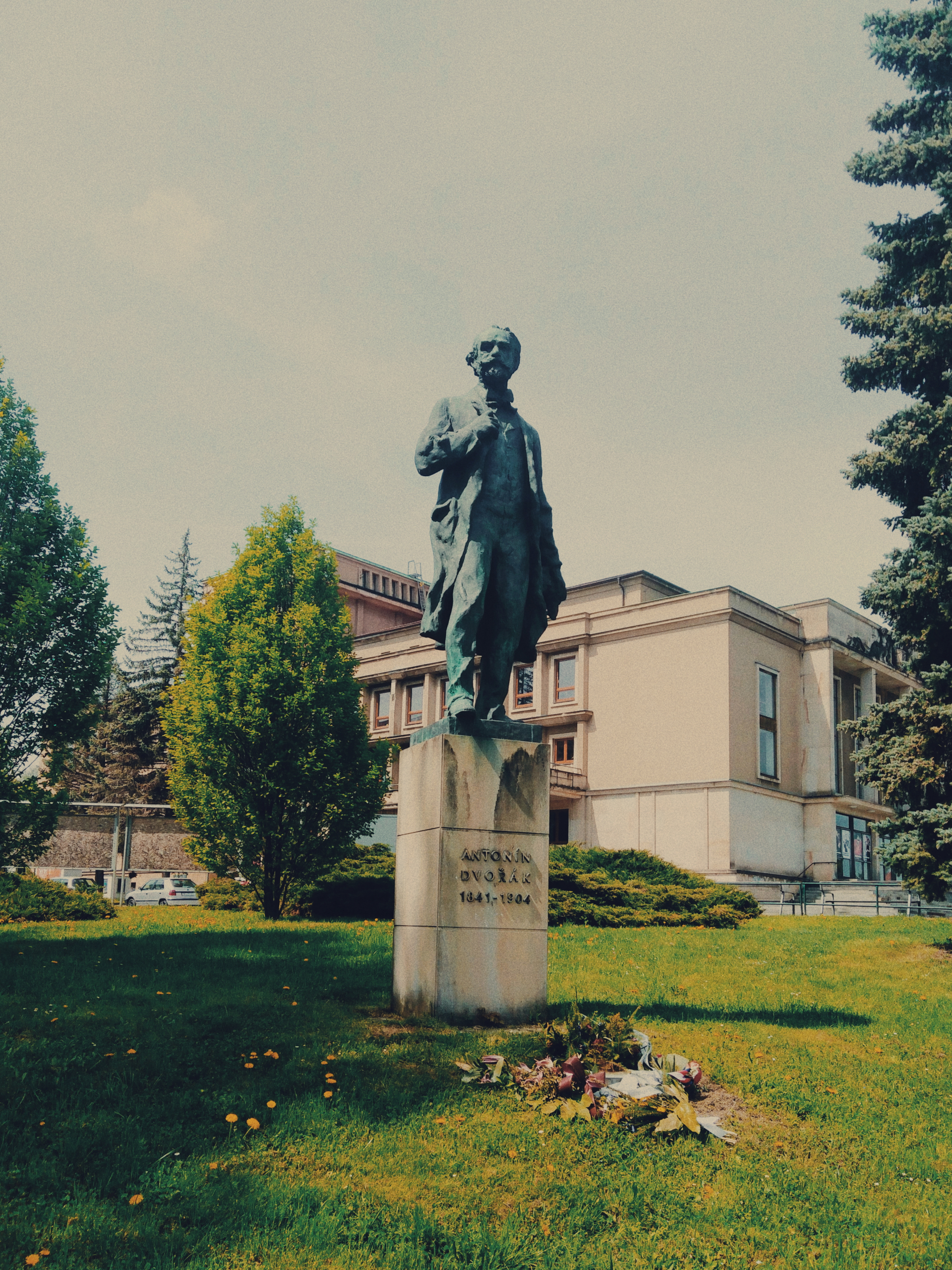In the footsteps of Antonín Dvořák
In the Příbram region, where he found his second home, he composed over thirty works. Many of them are among the most important in his entire oeuvre. Take a walk in the footsteps of Antonín Dvořák in Příbram.
1. VILLA RUSALKA

Twenty-four-year-old Antonín Dvořák was playing the viola at the Provisional Theatre when he fell in love with the actress Josefina Čermáková. He even wrote his love for her in his love cycle Cypress. In vain, she rejected him. But he took a liking to her younger sister Anna, whom he met while giving piano lessons to both girls. And finally, in 1873, he married her. (Mozart and Haydn, for example, had a similar story.)
Josefina, meanwhile, met Count Václav Kounic, an educated, very patriotic man. Dvořák maintained a friendly relationship with both of them.
Václav Kounic, Antonín Dvořák's brother-in-law and later a member of the Provincial Assembly and the Reich Council, had owned the Vysocka estate since 1873. He had part of the forest on the outskirts of the village converted into an English park, in the centre of which he built a small Neo-Renaissance chateau designed by the architect Čeňek Gregor. Kounic then gave the building as a wedding gift to his wife Josefina, who lived there most of her life.
Thanks to Kounic, Vysoká became an important cultural centre, with guests such as Alois Jirásek, Jan Neruda, Ladislav Stroupežnický, Jaroslav Vrchlický, Julius Zeyer, Leoš Janáček and Josef Suk. The poet Josef Václav Sládek also lived and worked in the garden house on the edge of the park in 1897 and 1898.
When Dvořák returned from England in 1884, he bought a plot of land in Vysoká with a sheepfold and a shepherd's hut from his brother-in-law, which he converted into a summer residence. On the ground floor there was a dining room, on the first floor a study with a desk and a piano. From the window of the study one could see the Treblinka region and further south to the Bohemian Forest and the Sumava peaks. The composer turned the extensive grounds around the house into a garden, which, as he wrote to the music publisher Fritz Simrock, "he cultivated very nicely and loved like divine art".
2. THE CHURCH OF THE ASSUMPTION OF THE VIRGIN MARY IN TREBEK

Except for the year 1893, when he stayed in Spillville in America, Dvořák spent every summer at Vysoká until the end of his life. He and his wife Anna stayed here from early spring, returning home only at the end of September. His days had a regular order. He would get up early in the morning so that he could go for a walk in the woods or to mass in the nearby Třebsko. In the morning he would compose, and after lunch he would return to the countryside. On that occasion, he would also occasionally stop by the Kounics' chateau. In the evenings he would visit the U Fenclů pub, where he played cards with the local miners. But he was already going to bed by nine o'clock.
At Vysoká he composed, started or finished several dozen works. For example, the second series of Slavonic Dances, the overtures In Nature and Carnival, Symphonies Nos. 7 and 8, the poems The Waterman, The Iceflower, The Golden Wheelbarrow and Holoubek, and the operas The Devil and Caca, Jacobin, Rusalka and Dimitri were written here.
He liked the Trebic Church of the Assumption of Mary so much that he bought a new organ for it.
3. HOLY MOUNTAIN

Dvořák was fascinated by trains. Perhaps because he was born next to a railway station and watched the construction of the first railway link between Prague and Dresden, perhaps because the complexity of the technical machinery reminded him of the elaborate construction of a symphony. He would go to the station to talk to the train drivers, study the timetables and his favourite morning ritual in Prague was a walk to the tunnel by the main station from where he watched the Viennese express trains. I would give all my symphonies to invent the locomotive, he once said.
The Dvořák family used to travel to Vysoká from Prague by train. Sometimes to Příbram, sometimes to Tochovice, where Count Kounic's carriage came to pick them up. The composer met with the citizens and friends of Pribram at the popular inn U Modrého hroznu. He also met Bohumil Fidler, the founder and conductor of the Příbram Philharmonic Orchestra. He also took creative inspiration from the Příbram sanctuary, and his composition No. 13 from the cycle Poetic Pieces is entitled "On the Holy Mountain".
4. A. DVOŘÁK THEATRE

The A. Dvořák Theatre in Příbram, for example, inscribed Dvořák's personality in its name. The Antonín Dvořák Příbram Music Festival has long taken care of the composer's legacy.
Elaborated by: Václav Bešt'ák
Photo.










